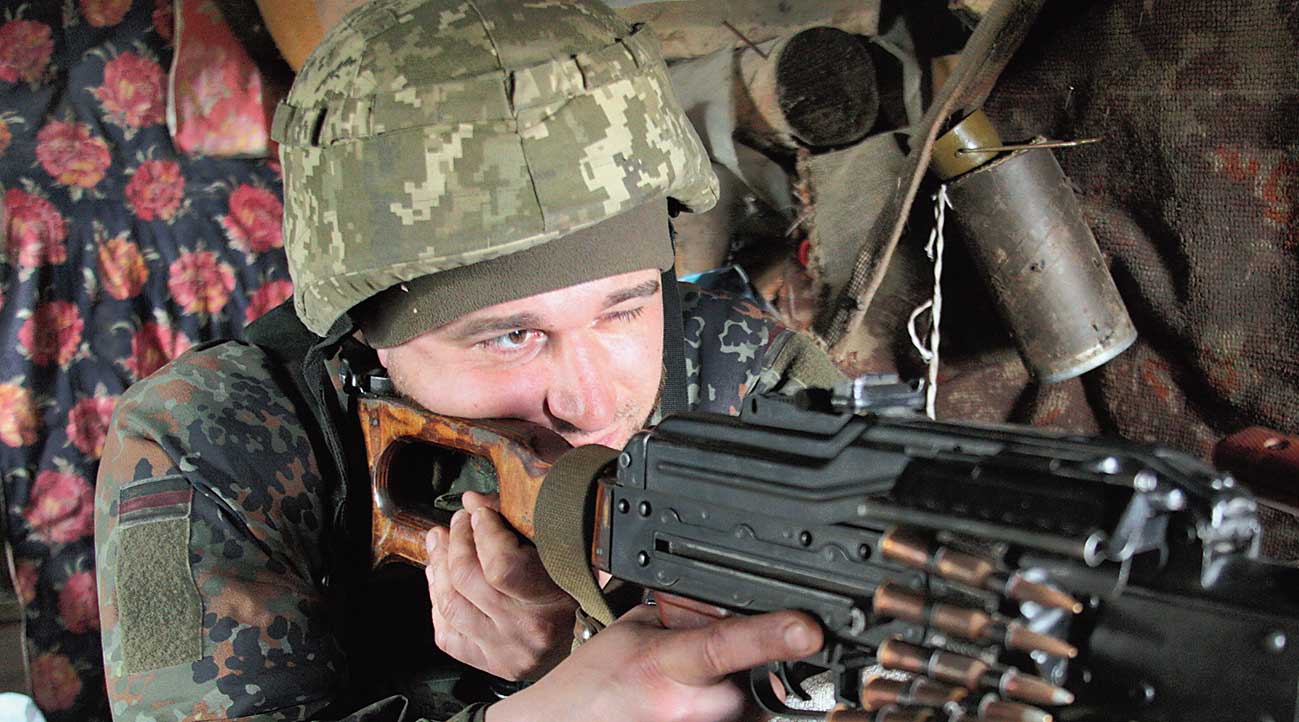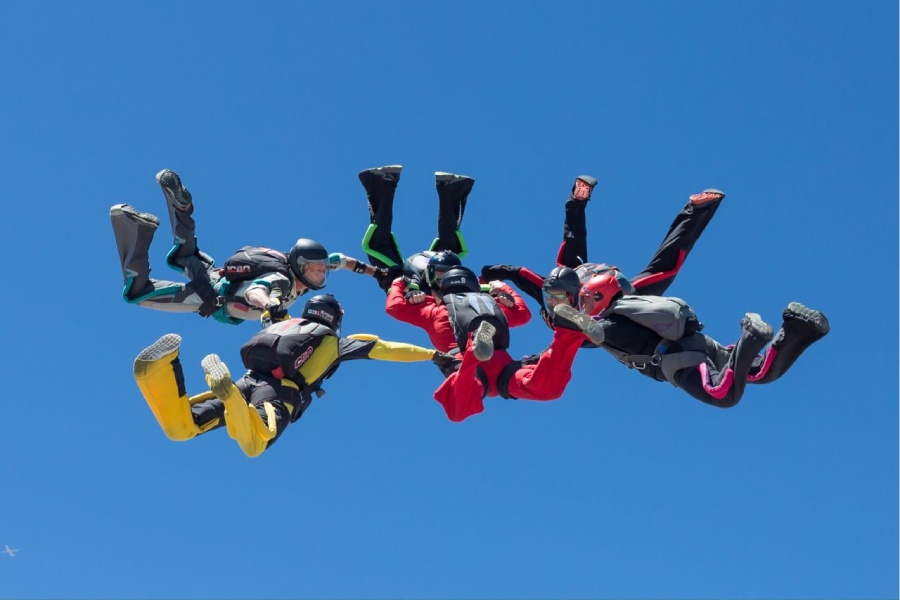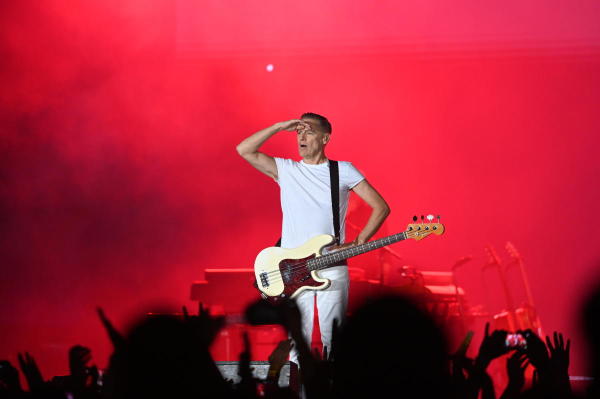After touring the grand, marble-clad Victory museum in Moscow, dedicated to the Soviet Union’s triumph over Nazi Germany in World War II, the two visitors concluded that the situation today is not all that different: Russia is under attack again.
“America badly wants to start this war,” said Olga A. Petrova, a retiree, referring to the simmering conflict between Russia and the West over Ukraine. “Nato wants to bring its troops to our borders, they looked for our weak spots and they found Ukraine,” she said, adding that Americans “don’t even know where Ukraine is on the map.”
Petrova’s conviction that the US is fomenting war between Russia and Ukraine reflects the thinking of many Russians, including her companion, Tamara N. Ivanova, who watches the two main talk shows on the country’s state-run television channels.
It is a message hammered home daily by the Kremlin’s propaganda machine.
Russians argue over a host of domestic issues, like the government’s response to the coronavirus pandemic or ballooning inflation. Others, fed up with the Kremlin’s manipulation of the news media, have just opted out. But there is one thing many seem to agree with President Putin about: If war does come, it will be the Americans’ fault.
The Levada Centre, one of the few independent pollsters in Russia, says that 50 per cent of Russians see the US and Nato as responsible for rising tensions. Fewer than 5 per cent blame the Kremlin.
Ivanova says she can see clearly how people in Ukraine and the West “have been brainwashed”. Her steadfast support of the Kremlin line is not surprising, given that pensioners like her constitute the core of President Vladimir V. Putin’s base.
In past years, a subset of younger, chiefly urban people might have taken to the streets in protest, but dissenting voices have been muzzled by a crackdown on demonstrations, independent news media and rights groups. Scores of young activists have been detained, expelled from universities and driven out of the country.
In response, says Sergei Belanovsky, a sociologist who studies public opinion, many Russians, including the country’s youth, have just opted out of following the news.
Yana Yakushkina, a 20-year-old medical student, seemed to embody that finding. Attending a retrospective show in an exhibition hall opposite the Kremlin on the life and career of Viktor Tsoi, a famous Russian rock musician, she allowed that she doesn’t pay much attention to politics, and that “all this talk about war is just empty”.
With a shrug she added, “No one can explain this never-ending conflict.” Darya Rokysheva, 19, an applied math student attending the exhibition, said that she, too, does not follow politics.
(New York Times News Service)











